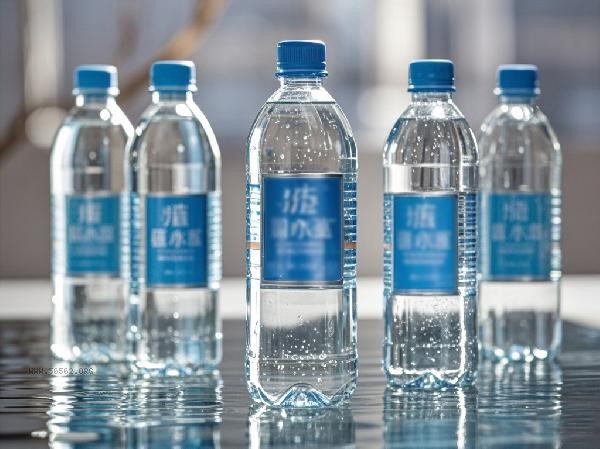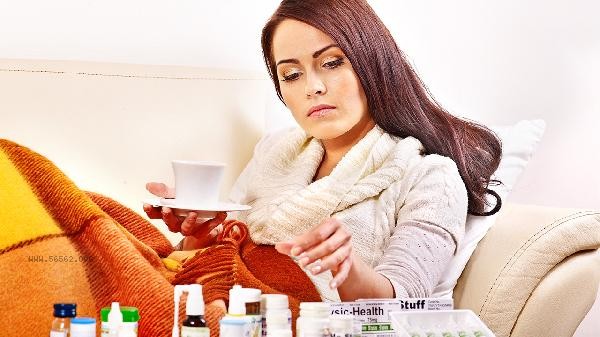Rice washing water can be consumed directly or used for cooking, but cleanliness and hygiene must be ensured. The rice washing water contains a small amount of vitamin B group and minerals, which is suitable for supplementing daily drinks, as well as cooking methods such as cooking Congee and fermented pasta.

Rice washing water contains starch, protein, and a small amount of vitamins. It is recommended to choose the first layer of rice washing water when drinking directly. After sufficient precipitation, take the upper clear liquid to avoid ingesting impurities. The water-soluble nutrients in the water used for washing rice are more abundant, but attention should be paid to the risk of pesticide residues in rice. It is recommended to use organic rice or soak and rinse thoroughly. The use of rice washing water in cooking can improve the taste of food. For example, adding water in cooking Congee can make rice grains softer and glutinous, and it can help yeast activate when fermenting pasta. Traditional drinks, such as sago sauce and rice milk, also use rice washing water as the base, and add flavor with red beans, peanuts and other ingredients.

In special circumstances, caution should be exercised when using rice washing water, as people with weaker gastrointestinal function may experience bloating due to its starch content. Unburned rice washing water may pose a risk of microbial contamination, and immunocompromised individuals should avoid drinking it raw. Rice washing water stored for more than 4 hours is prone to bacterial growth. It is recommended to wash and use immediately. Some people are allergic to rice protein and may experience skin itching or digestive problems after drinking it. Industrial processed rice may contain residual polishing agents, and this type of rice washing water is not suitable for consumption.

It is recommended to control the daily intake of rice washing water to no more than 200 milliliters to avoid affecting the normal diet structure. Mixing rice washing water with vegetable juice and fruit juice can enhance its nutritional value, but it should not completely replace drinking water. Soaking rice for 10 minutes before cooking and washing can reduce impurities, and using a glass container to store can prevent metal ions from dissolving out. If diarrhea or allergic reactions occur, it should be stopped immediately. Patients with digestive system diseases should consult a physician before use.









Comments (0)
Leave a Comment
No comments yet
Be the first to share your thoughts!